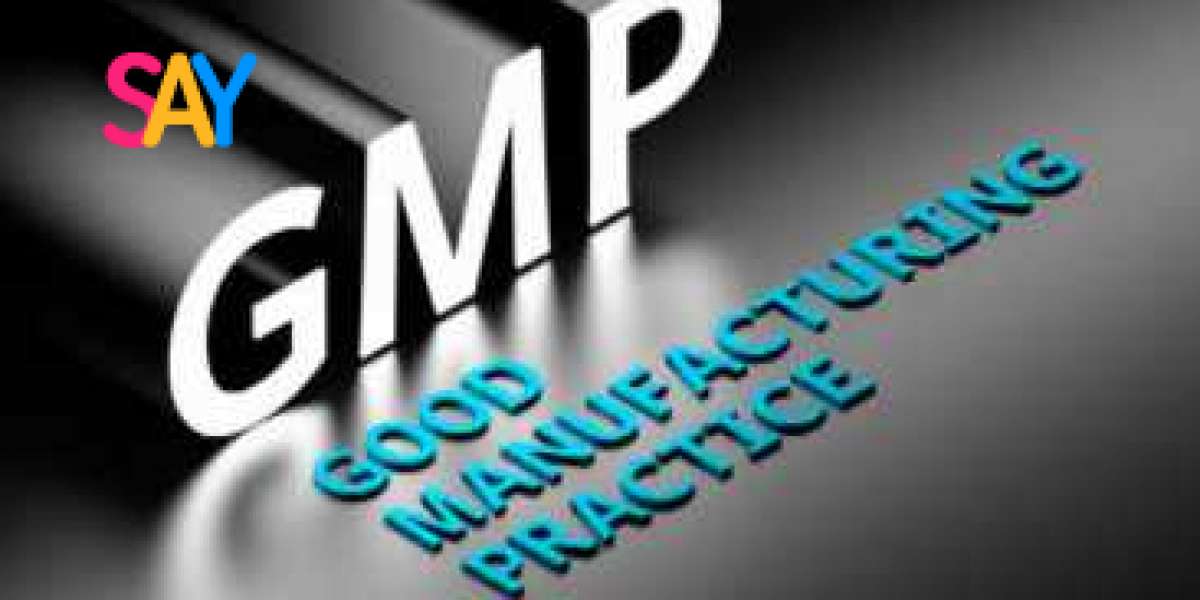Good Manufacturing Practice (GMP) training is a crucial aspect of maintaining high standards in the production and distribution of pharmaceuticals, food, and other regulated products. GMP guidelines are established by regulatory authorities worldwide to ensure the safety, quality, and efficacy of products. Here, we delve into the importance of GMP training and its various facets.
1. Introduction to GMP Training
GMP training is designed to educate employees about the principles and practices that govern the manufacturing and distribution of products in regulated industries. It instills a culture of compliance and quality consciousness among personnel, emphasizing the importance of following standard operating procedures (SOPs) and maintaining a hygienic and controlled environment.
2. Understanding GMP Principles
GMP training covers the fundamental principles that guide manufacturing processes. These principles include maintaining a clean and controlled environment, establishing robust quality management systems, conducting thorough documentation, and ensuring the traceability of raw materials throughout the production process. Employees learn how adherence to these principles contributes to the overall safety and quality of the final product.
3. Role-Based Training Programs
Different roles within a manufacturing facility have distinct responsibilities, and GMP training is tailored to address these specific roles. From production staff to quality control personnel, each employee receives training relevant to their tasks. This targeted approach ensures that everyone understands their role in maintaining GMP compliance and contributes to a more cohesive and efficient operation.
4. Risk Management and GMP
GMP training also focuses on risk management strategies to identify and mitigate potential threats to product quality. Employees learn to recognize and address risks associated with raw materials, equipment, processes, and personnel. By fostering a proactive approach to risk, organizations can prevent issues before they arise, ensuring a smoother production process and reducing the likelihood of product recalls.
5. Continuous Improvement and GMP
The landscape of manufacturing is dynamic, and GMP training emphasizes the importance of continuous improvement. Employees are encouraged to stay informed about updates to GMP guidelines and industry best practices. This commitment to ongoing learning ensures that manufacturing processes evolve with the changing regulatory environment, leading to sustained product quality and regulatory compliance.
In conclusion, GMP training is a cornerstone of quality assurance in regulated industries. By instilling a culture of compliance, educating employees on GMP principles, providing role-based training, addressing risk management, and promoting continuous improvement, organizations can uphold the highest standards in product manufacturing and distribution. GMP-trained personnel play a pivotal role in safeguarding consumer health and maintaining the integrity of the products they produce.




